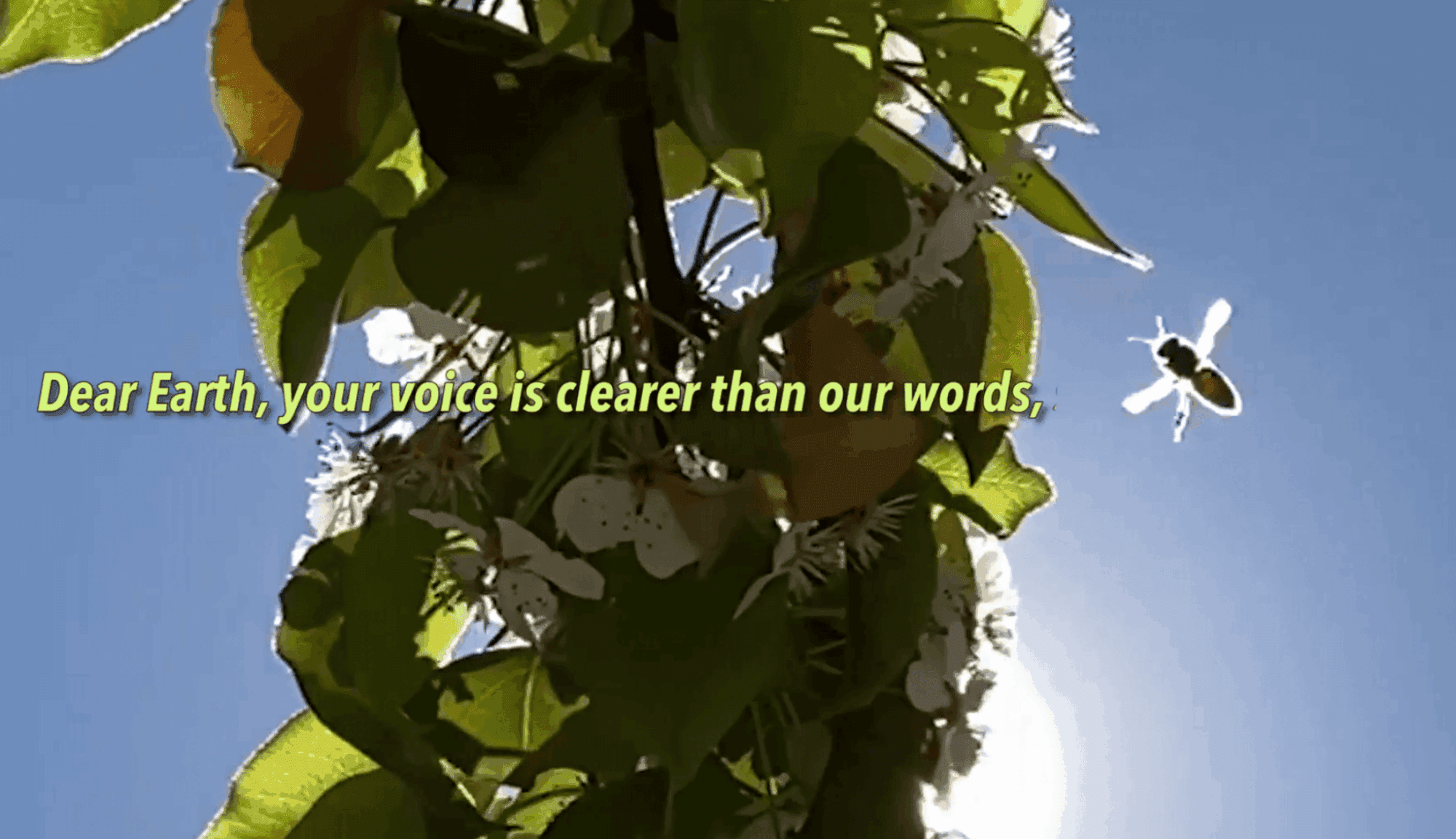Our Ecological Economic equation calculates how we can actively protect and restore our ecological biodiversity. Rather than simply ascribe value to what we extract, we can also account for the cost of environmental damage, food and water security and well being.
The Intemerate Working Group for Data Statistics and Valuation
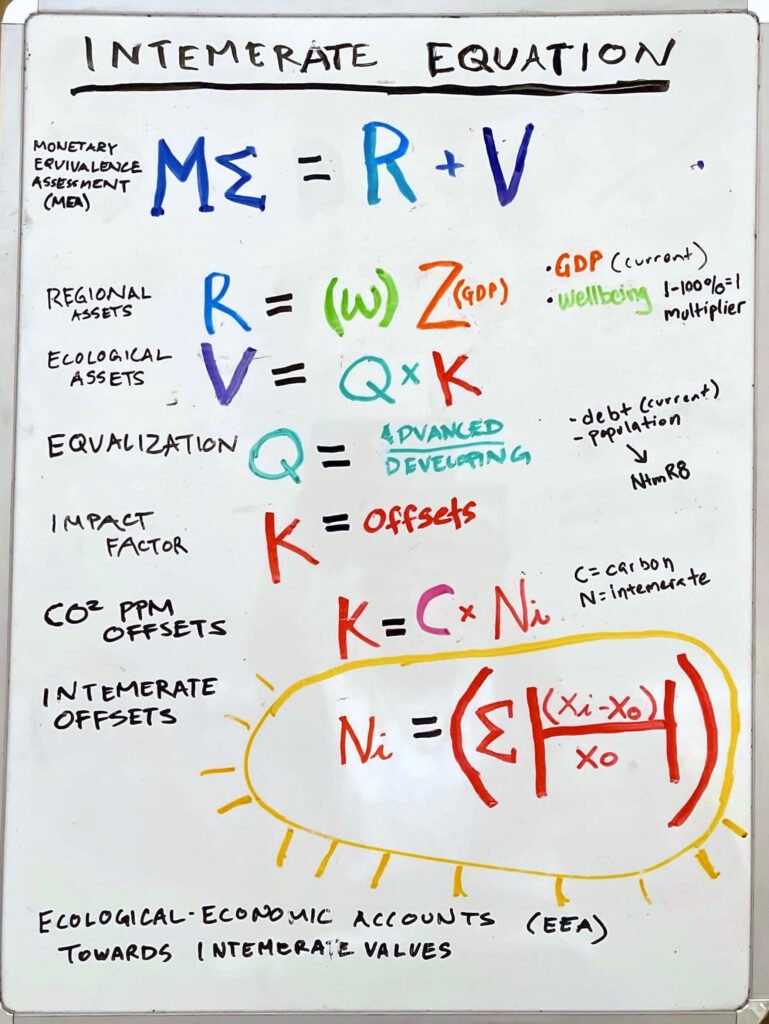
In our Intemerate Equation, MEA, or the Monetary Equivalence Assessment (M∑), is the sum of an economy’s Regional Assets (R) and Ecological Assets (V).
Regional Assets (R) is the product of GDP (Z) after it is modulated by Wellbeing (w).
Ecological Assets (V) are a product of Equalization (Q) and the Impact Factor (K).
Equalization is a scheme that leverages factors like debt, population, investment indices, payment schemes and infrastructure financing, relating developing countries to advanced economies by means of a ratio that more equitably values our ecological data.
The Impact Factor (K) evaluates the Carbon Offsets (C) against the 350 ppm baseline, and is a product of C and the Intemerate Offsets (N). The sum of “N=” is our route to ecological and economic justice.
Intemerate offsets (N) are the measurable factors in the process of restoring our ecological biodiversity.
The Intemerate Equation is a tangible thing. It is something to hold, to plant in the soil, to return to the Eternal, it is something that imbues life with value.
| MEET THE INTEMERATES | |
 | Wellbeing modulates GDP. |
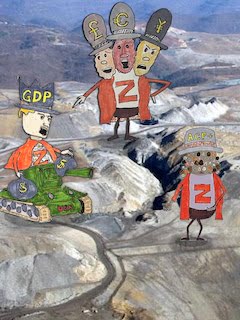 | GDP excludes ecological accounts and thus the inherent wealth of developing countries, indigenous, and “poor” peoples, and impacted communities. |
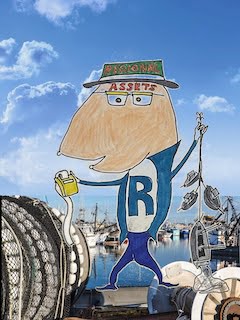 | Regional Assets are a product of Wellbeing and GDP |
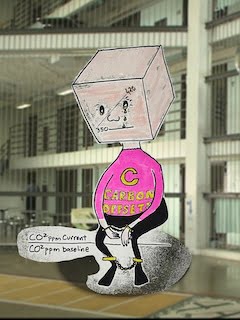 | Carbon is shackled and held captive by Carbon schemes that both overvalues and undervalues the true cost of loss and damages, benefitting industries and privatization regimes. |
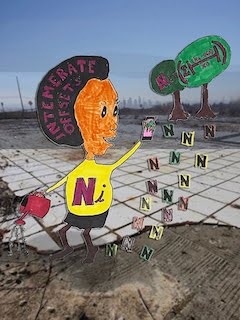 | Intemerate Offsets account for all the measurable changes in our biosphere: the interactions of flora and fauna, water flows, currents, etc. |
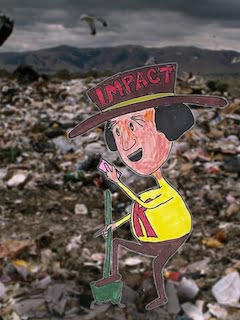 | Impact Factors reassess the valuation of environmental degradation and resource depletion. |
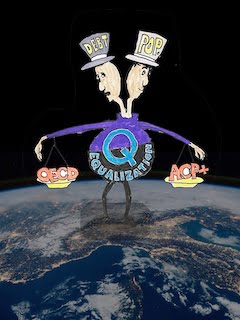 | Advanced Economies owe much of their wealth to Developing Countries. Equalization corrects that injustice. |
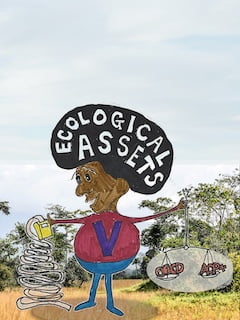 | Accounting for our Ecological Assets reverses nearly two centuries of industrial greed and ongoing neoliberal malfeasance. |
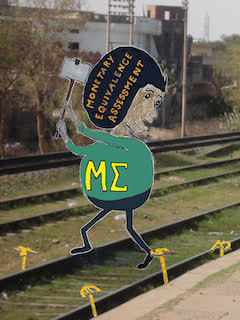 | The MEA or Monetary Equivalence Assessment represents a more equitable national account by including an ecological accounting side table. |
We all have the opportunity to measure, count, examine, protect, nurture, analyze, collect, describe, compile, publish, monitor and manage our environments. This is a traditional and customary service, and it should be accounted for in our national economies. Whether some activities and resources can be monetized or not is a societal question, and what that monetary value is may be a technical one, but we live in a global economy and what we do has a visceral impact on our future as a civilization.
